Nestled in the pristine valleys of Bhutan, Six Senses has redefined luxury hospitality by seamlessly blending opulence with environmental stewardship. The brand’s commitment to sustainability isn’t an afterthought—it’s woven into the very fabric of the guest experience. From the moment visitors arrive, they’re greeted not by ostentatious displays of wealth, but by a quiet reverence for the surrounding landscape. The lodges, constructed using locally sourced materials like stone and timber, appear to emerge organically from the hillsides. Traditional Bhutanese architectural techniques are employed to minimize energy consumption, with thick walls providing natural insulation and large windows harnessing passive solar heating.
What sets Six Senses Bhutan apart is its refusal to equate sustainability with deprivation. The villas feature lavish interiors adorned with handwoven textiles and artisan-crafted furniture, yet every element serves an ecological purpose. Solar panels discreetly integrated into rooftops power underfloor heating systems, while water is heated through biomass boilers fueled by forest waste. Even the indulgent spa treatments incorporate organic herbs grown on-site, with therapists trained in ancient healing practices that require no artificial products. Guests sipping champagne in their private plunge pools might not immediately notice that the water is purified through a natural filtration system using aquatic plants.
The food and beverage program exemplifies this delicate equilibrium between indulgence and responsibility. Executive chefs work closely with a network of over 200 local farmers to create menus that celebrate Bhutanese heritage while adhering to strict zero-waste principles. Dishes feature foraged mushrooms, heirloom grains, and free-range yak meat, presented with Michelin-star-worthy artistry. The wine cellar boasts rare vintages, but also showcases innovative upcycling—bottles become candle holders, corks transform into massage tools, and organic waste fuels biogas digesters that power kitchen appliances. This circular approach extends to the bar, where cocktails incorporate wild-harvested botanicals and ice cubes are carved from glacial meltwater collected during staff treks.
Six Senses has mastered the art of making conservation feel luxurious rather than restrictive. Their signature "Sleep With Six Senses" program offers guests premium organic cotton bedding—but the true magic lies in the accompanying bedtime ritual featuring a Himalayan salt lamp and a sound bath with traditional singing bowls. The turndown service includes not just chocolates, but a handwritten note detailing how that day’s activities contributed to carbon offset programs. Even the complimentary minibar follows strict sustainability protocols, with bamboo toothbrushes replacing plastic amenity kits and homemade snacks packaged in edible rice paper.
Perhaps most impressively, the hotels function as living laboratories for sustainable innovation. The Paro location features an experimental greenhouse where guests can participate in black soldier fly composting demonstrations between meditation sessions. The Thimphu property’s walls are embedded with mycelium insulation grown from mushroom roots, while the Punakha lodge operates a "living bridge" cultivated from intertwined tree roots across the Mo Chhu River. These aren’t gimmicks—they’re tangible manifestations of Bhutan’s Gross National Happiness philosophy, proving that environmental consciousness can elevate rather than diminish the luxury experience.
The staff’s deep ecological knowledge transforms typical service into meaningful cultural exchange. Guides doubling as conservationists lead hikes where guests plant endangered trees as part of reforestation initiatives. Housekeepers provide lessons on making natural cleaning products from rhododendron leaves. Even the yoga instructors incorporate lessons on minimizing one’s environmental footprint during sunrise sessions overlooking sacred peaks. This creates an immersive experience where guests leave not just relaxed, but genuinely inspired to adopt more sustainable practices in their daily lives.
Six Senses Bhutan’s greatest achievement lies in making sustainability feel inherently luxurious rather than morally obligatory. The properties demonstrate that cutting-edge eco-technology and ancient wisdom can coexist with uncompromising comfort. When guests unwind in their freestanding copper bathtubs overlooking the Himalayas, they’re soaking in water heated by the same mountain springs that have sustained Bhutanese villages for centuries. It’s this profound connection between people and place—this authentic celebration of Bhutan’s environmental and cultural heritage—that ultimately defines true luxury in the 21st century.

By Megan Clark/Apr 11, 2025

By John Smith/Apr 11, 2025
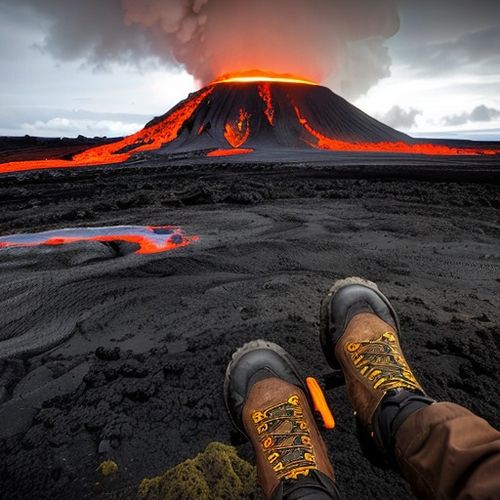
By James Moore/Apr 11, 2025
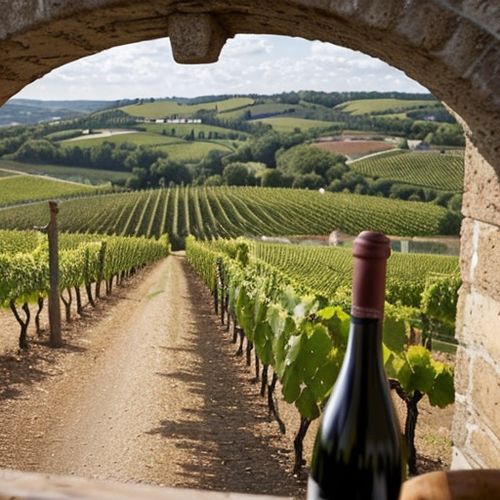
By Victoria Gonzalez/Apr 11, 2025

By John Smith/Apr 11, 2025

By Rebecca Stewart/Apr 11, 2025
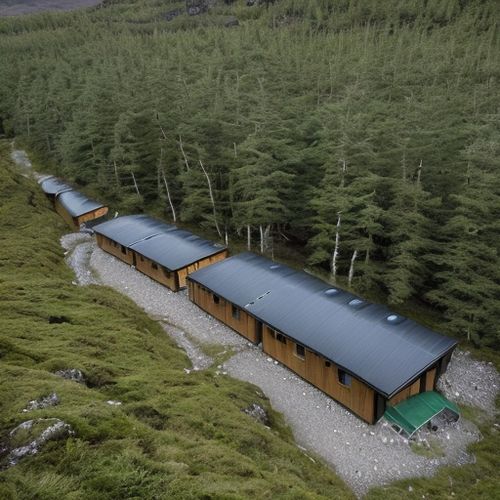
By Megan Clark/Apr 11, 2025

By John Smith/Apr 11, 2025
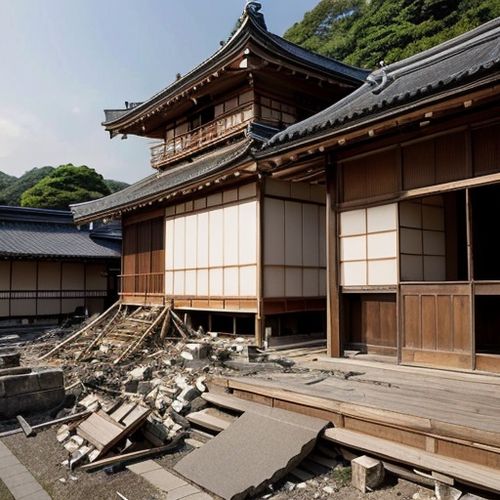
By Ryan Martin/Apr 11, 2025

By Samuel Cooper/Apr 11, 2025
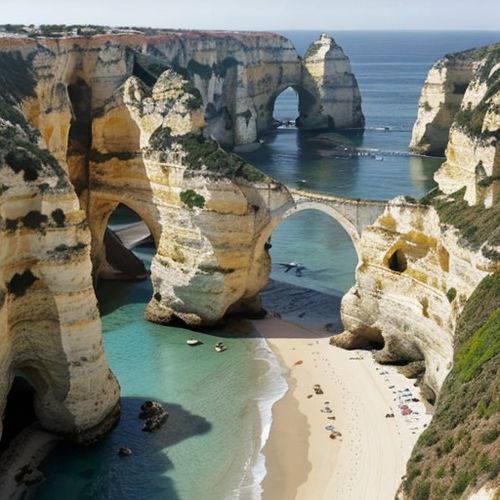
By Emily Johnson/Apr 11, 2025

By James Moore/Apr 11, 2025

By David Anderson/Apr 11, 2025

By Ryan Martin/Apr 11, 2025
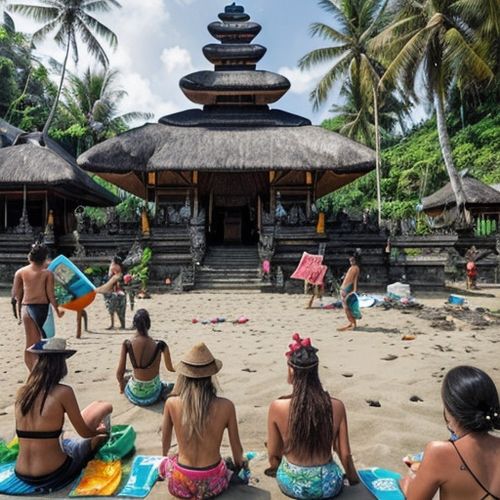
By William Miller/Apr 11, 2025
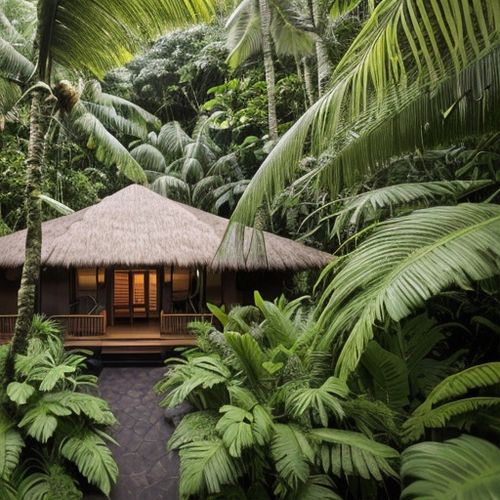
By George Bailey/Apr 11, 2025
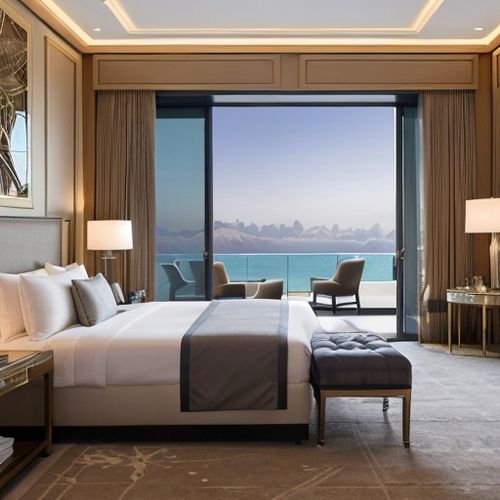
By Daniel Scott/Apr 11, 2025

By Sophia Lewis/Apr 11, 2025
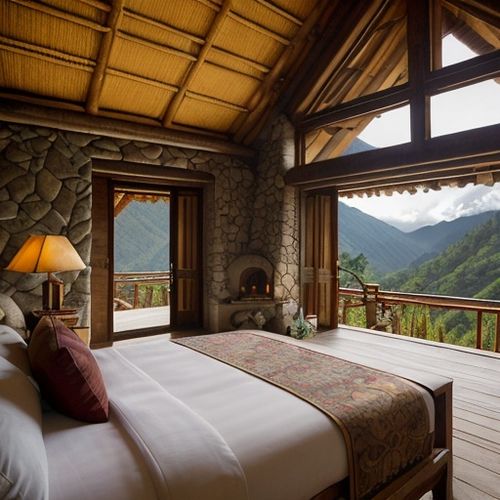
By Megan Clark/Apr 11, 2025
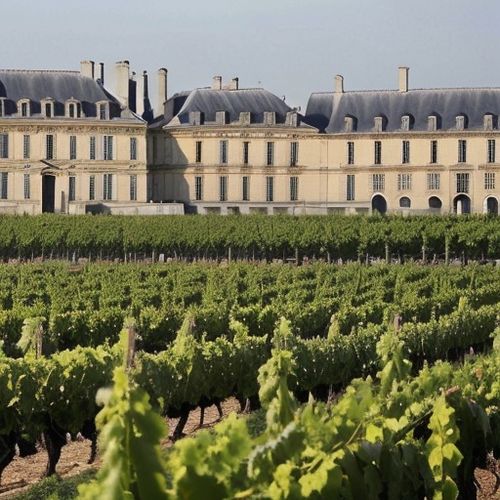
By David Anderson/Apr 11, 2025